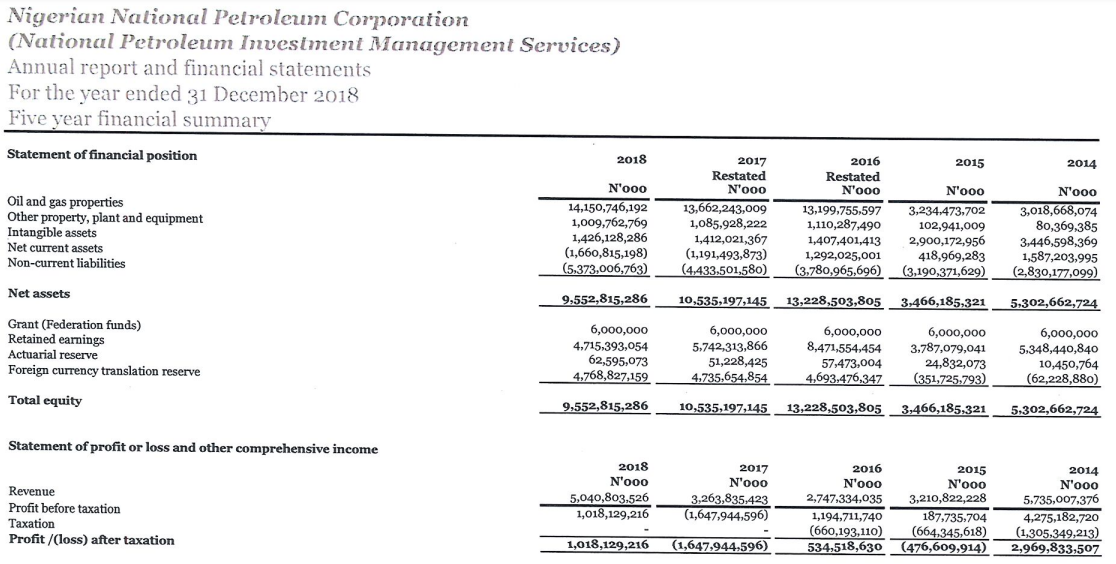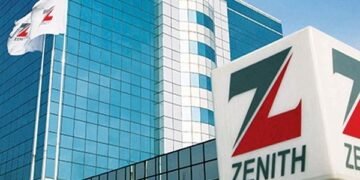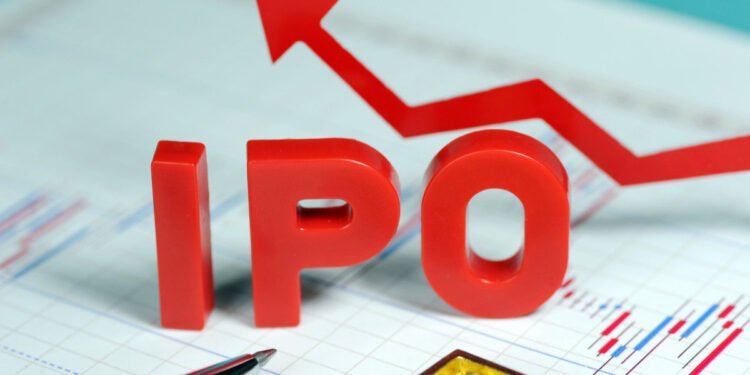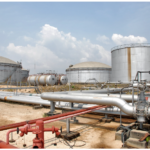Nigeria is and has been facing financial difficulties as a result of a combination of COVID-19 and low oil prices is a fact. Oil majors are already preparing for an energy transition and peak oil demand. Nigeria and most of her counterparts in Africa still focus on a hydrocarbon future.
Shell, BP, and Total have all made headlines in recent times with their diversification away from oil. They have also been moving away from Nigerian offshore fields.
- Read also; NNPC signs OML 143 Gas Development deal with India’s SEEPCO
- U.S Stock futures plunge more than 1.6% as President Trump test positive for COVID-19
The country have a vast and proven on and offshore oil and gas reserves, and for that reason a pull out of IOCs may be seen as an opportunity for other players in the industry. Local players like Oando are on hand to fill in the vacuum. So are Middle East giants like Aramco of Saudi Arabia and ADNOC of the UAE.
Why would the NNPC be considering an Initial Public Offering?
The main reason might be the success of the Aramco IPO. In December 2019, State-owned Saudi Aramco raised a record $25.6 billion in its initial public offering in Riyadh. The biggest oil company in the world sold 1.5% stake to investors in Saudi Arabia, and subsequently listed on the Saudi Stock Market.
A re-structured NNPC will be under the management of the Ministry of Finance, according to the Petroleum Industry Bill before the National Assembly. The new company will operate fully on commercial basis. This will help rid the corporation of corruption, fraud and mismanagement.
Another reason could be the increased international pressure on hydrocarbon financing around the world. Investogist reported earlier in the week that foreign Investors were losing confidence in Nigeria’s oil industry. An IPO will bring in much needed investment for the Nigerian Oil and Gas sector.
NNPC’s potential IPO will not attract the same level of investors as Aramco. However, African private investors and possibly other NOCs and their Sovereign Wealth Funds (SWF) will have their eyes on the Nigerian development. There are already indications that Arab, Russian, and Chinese investment funds are considering the investment
In 2018, NNPC’s National Petroleum Investment Management Services division, the company’s biggest income generator, reported revenue of N5.04 trillion, and a profit of N1.01 trillion.

Source: NNPC
Despite the move towards privatization, there are still some critics who believe the new plan does not go far enough. An earlier attempt at privatization back in 2012 aimed to do something similar but even more ambitious.
At that time, full privatization was proposed with a fixed target date for the IPO and a set price range.
This policy still needs to be fully approved by Nigeria’s government and parliament before any listing on the Nigerian Stock Exchange can take place.
Written by with credit to oilprice.com;
Nnamdi M.

























































